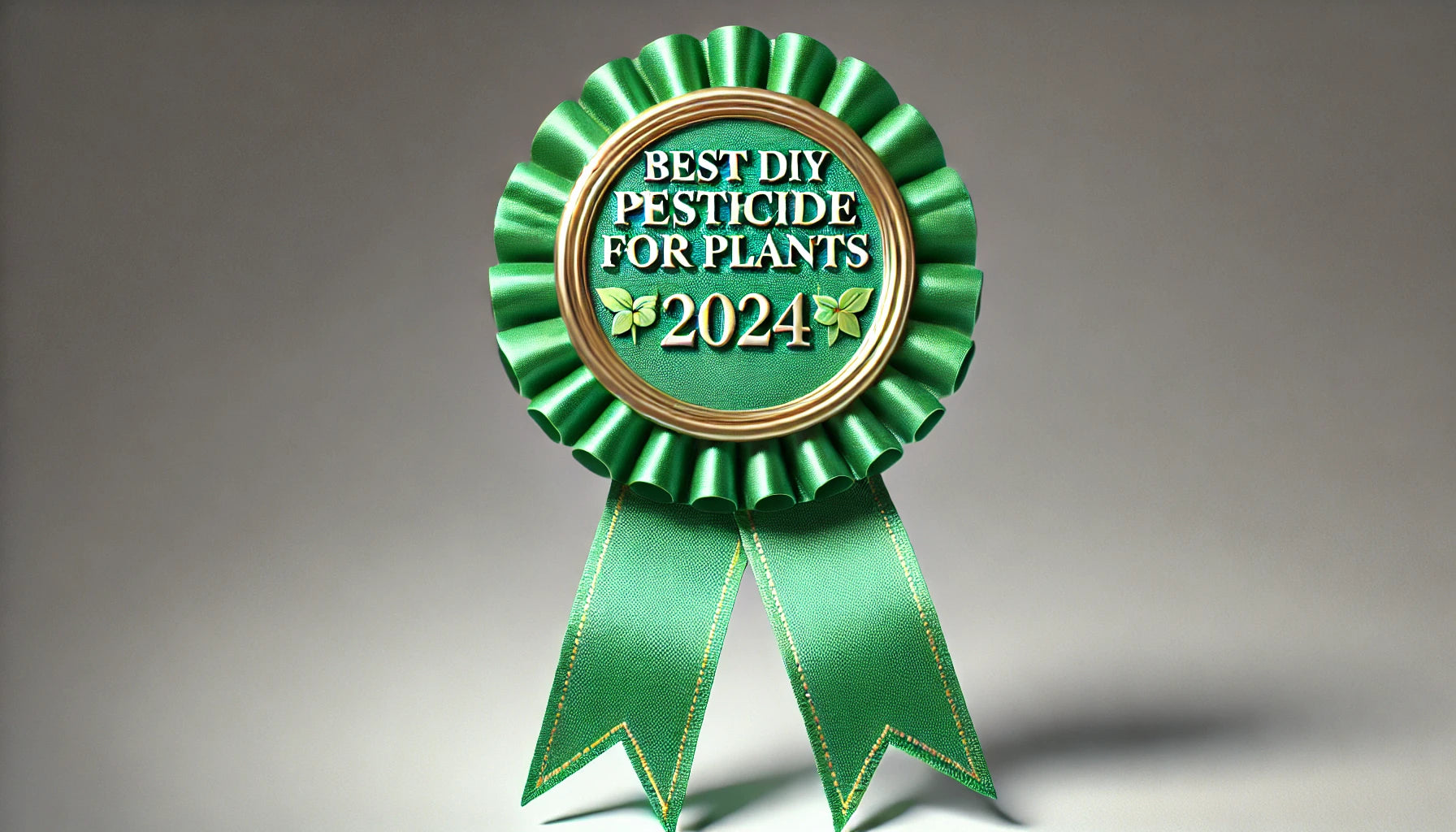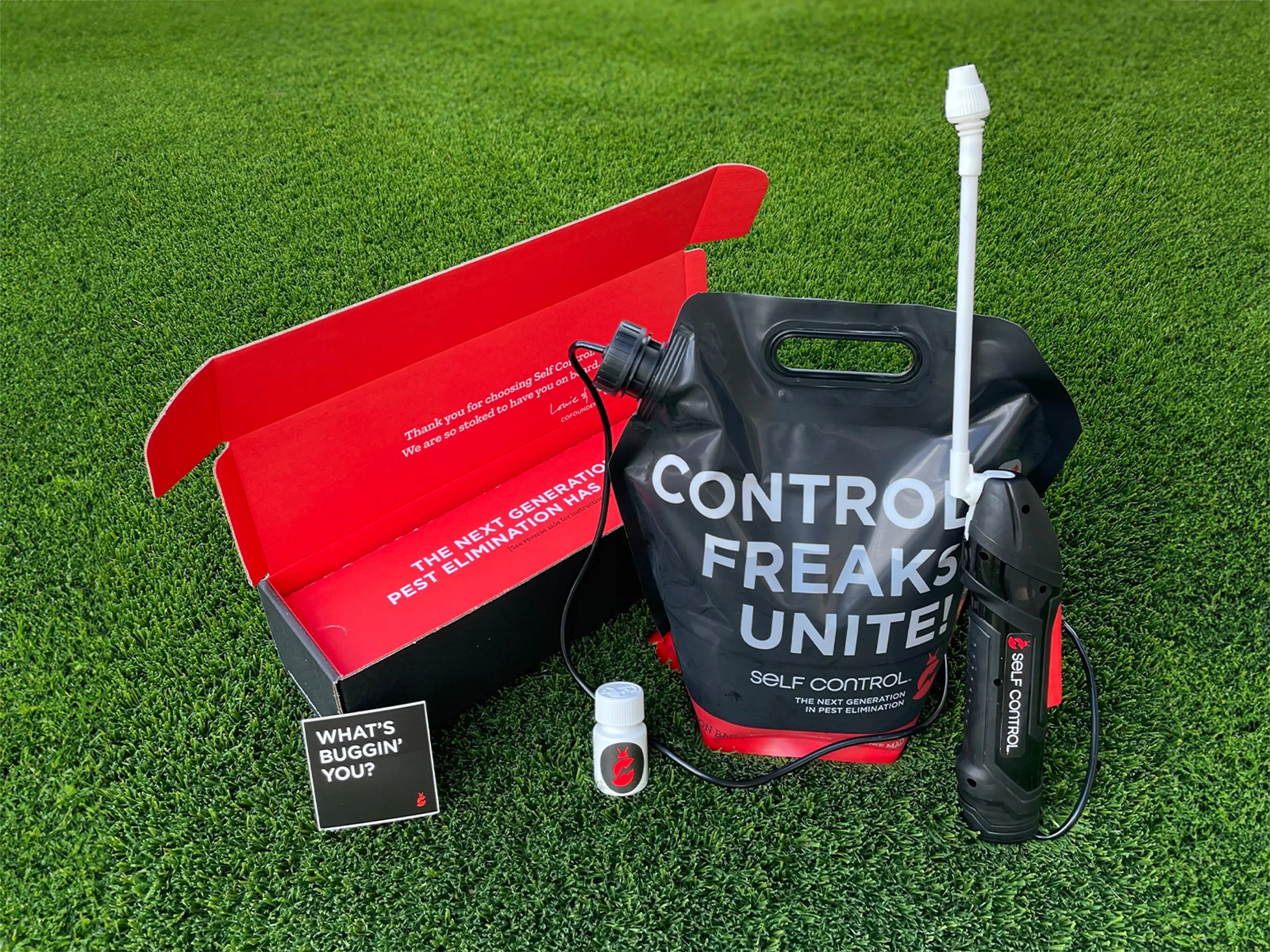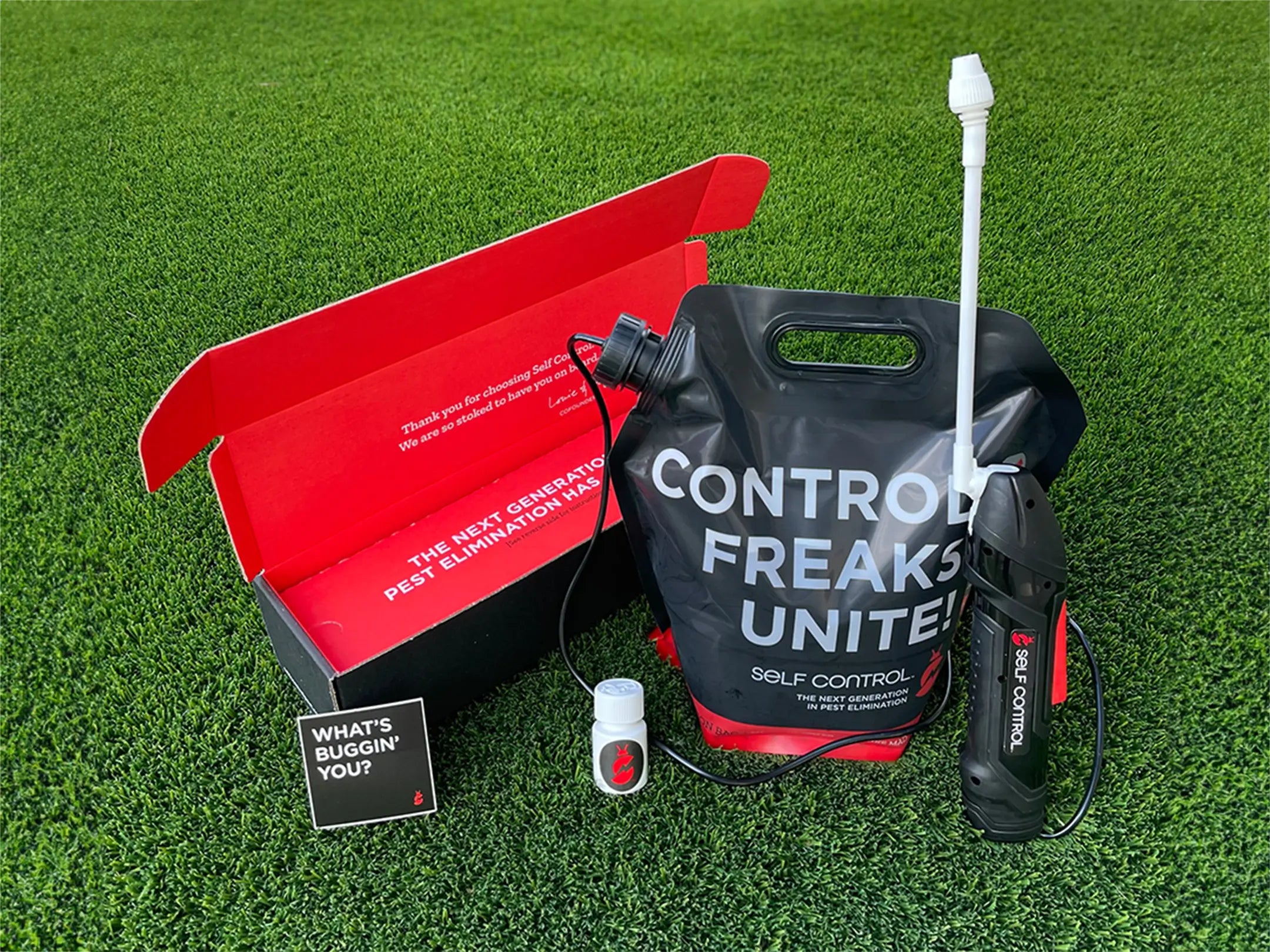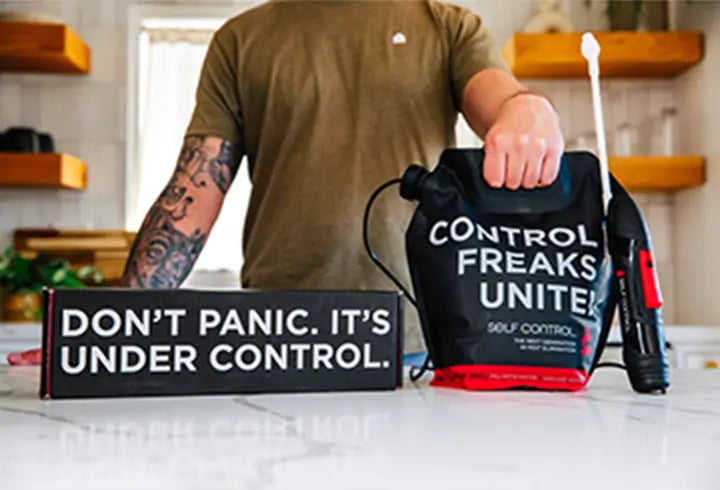
The Best DIY Pesticide for Plants (2024)
Gardening is a rewarding hobby that brings joy, relaxation, and a touch of nature into our lives. However, nothing can spoil the beauty of your garden faster than a pest infestation. Whether it’s aphids sucking the life out of your roses, caterpillars devouring your vegetables, or mites wreaking havoc on your houseplants, pests can turn your green paradise into a battleground. The good news is that you don’t need to rely on harsh chemicals to protect your plants. In 2024, there are several effective and environmentally friendly DIY pesticides that you can make at home to keep your plants healthy and thriving.
Why Choose DIY Pesticides?
Before diving into the best DIY pesticides for plants, it’s worth understanding why you might choose homemade solutions over store-bought products.
Safety: Commercial pesticides can contain harmful chemicals that may pose risks to humans, pets, and beneficial insects like bees and ladybugs. DIY pesticides, on the other hand, are typically made from natural ingredients that are safe for both your garden and the environment.
Cost-Effective: Making your own pesticide at home is often much cheaper than purchasing commercial products. Many DIY recipes use common household items that you probably already have in your pantry.
Customization: DIY pesticides can be tailored to target specific pests that are problematic in your garden. Whether you’re dealing with a particular type of insect or need a general-purpose solution, you can adjust the ingredients and concentration to meet your needs.
Environmental Impact: DIY pesticides are usually biodegradable and less harmful to the environment. By opting for natural ingredients, you can reduce your carbon footprint and contribute to a healthier ecosystem.
The Best DIY Pesticides for Plants in 2024
Here are some of the most effective DIY pesticides that you can make at home to protect your plants from common garden pests.
1. Neem Oil Spray
Neem oil is a powerful natural pesticide that is effective against a wide range of pests, including aphids, whiteflies, spider mites, and caterpillars. It works by disrupting the feeding and reproduction of insects, eventually leading to their death. Neem oil also has antifungal properties, making it an excellent choice for combating plant diseases like powdery mildew.
Ingredients:
- 2 tablespoons of neem oil
- 1 teaspoon of mild liquid soap (like castile soap)
- 1 quart of warm water
Instructions:
- Mix the neem oil and soap in the warm water.
- Pour the solution into a spray bottle.
- Shake well and apply directly to the leaves of your plants, focusing on areas where pests are visible.
- Repeat every 7-14 days, or after rain, to maintain effectiveness.
Advantages:
- Safe for beneficial insects when used correctly.
- Controls both pests and fungal diseases.
- Organic and biodegradable.
2. Garlic and Onion Spray
Garlic and onions are known for their pungent smell, which not only deters pests but also makes them effective natural insecticides. This DIY pesticide works well against aphids, beetles, and caterpillars. It’s an easy and inexpensive way to keep your garden pest-free.
Ingredients:
- 1 medium-sized onion
- 1 bulb of garlic
- 1 teaspoon of cayenne pepper
- 1 quart of water
- 1 teaspoon of mild liquid soap
Instructions:
- Blend the onion and garlic with the water until smooth.
- Strain the mixture through a cheesecloth or fine strainer to remove solids.
- Add the cayenne pepper and liquid soap to the strained liquid.
- Pour the mixture into a spray bottle and apply it to your plants, especially on the underside of leaves where pests often hide.
- Reapply every few days or after heavy rain.
Advantages:
- Repels a wide variety of pests.
- Easy to make with common kitchen ingredients.
- Non-toxic and safe for most plants.
3. Soap and Water Solution
One of the simplest and most effective DIY pesticides is a basic soap and water solution. This mixture works by suffocating soft-bodied insects like aphids, whiteflies, and spider mites. The soap breaks down the protective outer layer of these pests, causing them to dehydrate and die.
Ingredients:
- 1 teaspoon of mild liquid soap
- 1 quart of water
Instructions:
- Mix the soap and water in a spray bottle.
- Shake well and spray directly onto the affected areas of your plants.
- Be sure to cover both the tops and undersides of leaves.
- Repeat every few days until the pests are gone.
Advantages:
- Inexpensive and easy to make.
- Safe for most plants and beneficial insects.
- Can be used frequently without harming your garden.
4. Diatomaceous Earth
Diatomaceous earth (DE) is a natural powder made from fossilized algae. It’s an effective pesticide that works by physically damaging the exoskeletons of insects, leading to dehydration and death. DE is especially useful for controlling crawling insects like ants, slugs, and beetles.
Ingredients:
- Food-grade diatomaceous earth
Instructions:
- Dust the diatomaceous earth around the base of your plants and on the leaves.
- Reapply after watering or rain, as the powder can wash away.
Advantages:
- Non-toxic and safe for humans and pets.
- Long-lasting protection against a variety of pests.
- Does not harm beneficial insects as long as it is applied correctly.
5. Chili Pepper Spray
Chili pepper spray is a great DIY pesticide for repelling a variety of pests, including aphids, beetles, and caterpillars. The capsaicin in chili peppers irritates insects, causing them to avoid treated plants. This spray is also effective in keeping animals like rabbits and deer away from your garden.
Ingredients:
- 2 tablespoons of chili powder or 2 fresh hot peppers
- 1 quart of water
- 1 teaspoon of mild liquid soap
Instructions:
- Mix the chili powder (or blend the fresh peppers) with water and soap.
- Strain the mixture to remove any solids.
- Pour the solution into a spray bottle and apply it to your plants.
- Reapply every few days or after rain to keep pests at bay.
Advantages:
- Natural and non-toxic.
- Deters both insects and larger pests like rabbits.
- Easy to make with readily available ingredients.
Why Self Control is the Best Option
While DIY pesticides are a great way to protect your plants naturally, they do require time and effort to prepare and apply. If you’re looking for a more convenient and powerful solution that still aligns with your eco-friendly gardening goals, Self Control offers the best option in 2024.
Comprehensive Plant Protection: Self Control provides a highly effective, ready-to-use pesticide that’s safe for use on a wide variety of plants. Our formula is designed to target over 140 pests, including those that are difficult to control with homemade solutions. It’s powerful enough to eliminate pests but gentle enough to use around your garden without harming beneficial insects.
Environmentally Friendly: Like the DIY options mentioned, Self Control’s pesticide is eco-friendly, ensuring that your garden remains a safe haven for plants, pollinators, and other beneficial creatures. Our formula is biodegradable and free from harmful chemicals, making it a responsible choice for gardeners who care about the environment.
Ease of Use: With Self Control, you get all the benefits of a DIY approach without the hassle. Our pesticide comes ready to use, saving you the time and effort of mixing and preparing ingredients. Simply spray it on your plants, and let the formula do the rest.
Cost-Effective: While DIY pesticides can save you money, Self Control offers an affordable solution that provides professional-grade results. With our competitive pricing and no hidden costs, you can protect your plants without breaking the bank.
In conclusion, while there are many excellent DIY pesticide options available in 2024, Self Control stands out as the best choice for gardeners seeking a balance of effectiveness, safety, and convenience. Whether you choose to mix your own solutions or opt for our ready-to-use formula, protecting your plants from pests has never been easier.



Comments (0)
Back to Critter Chronicles